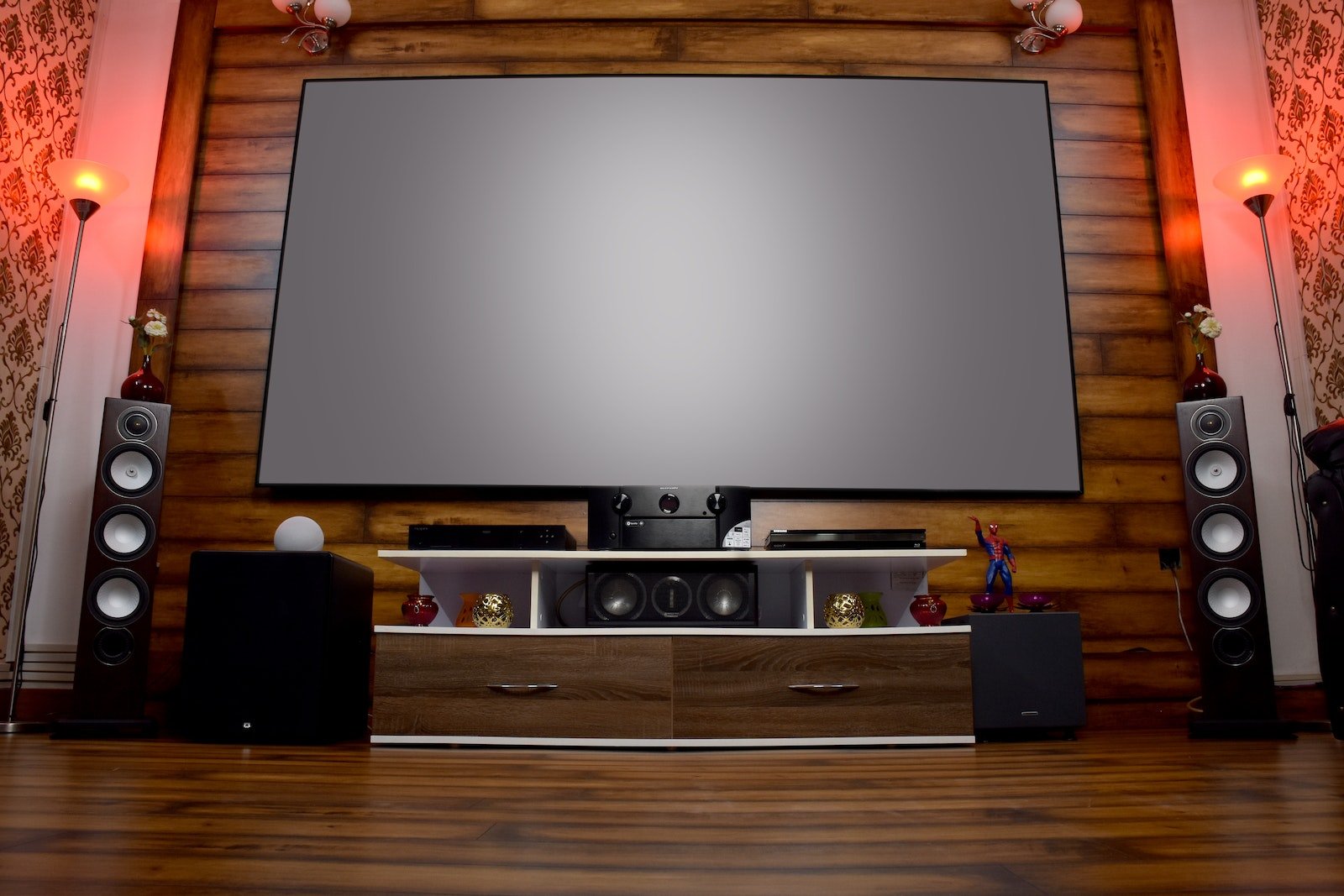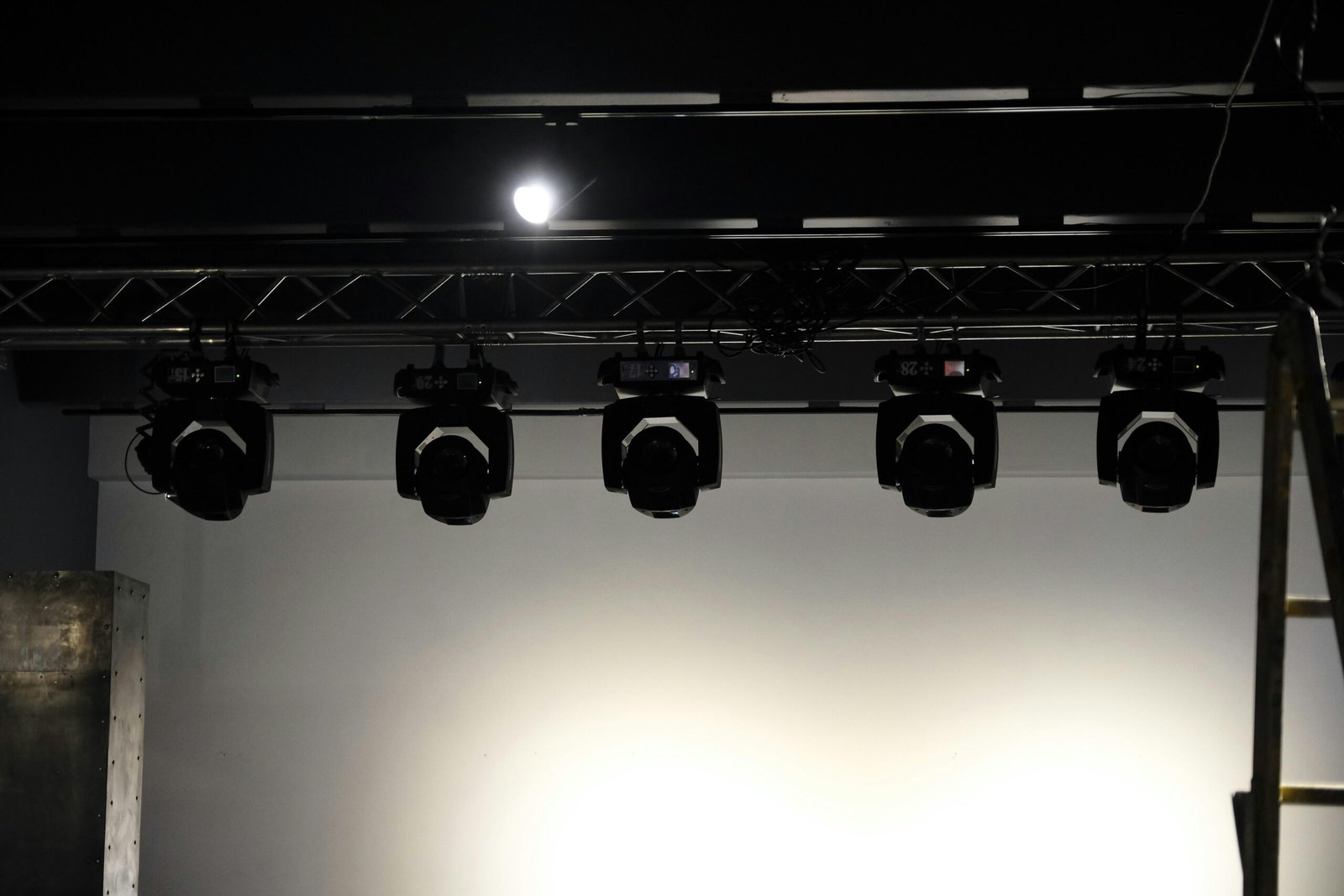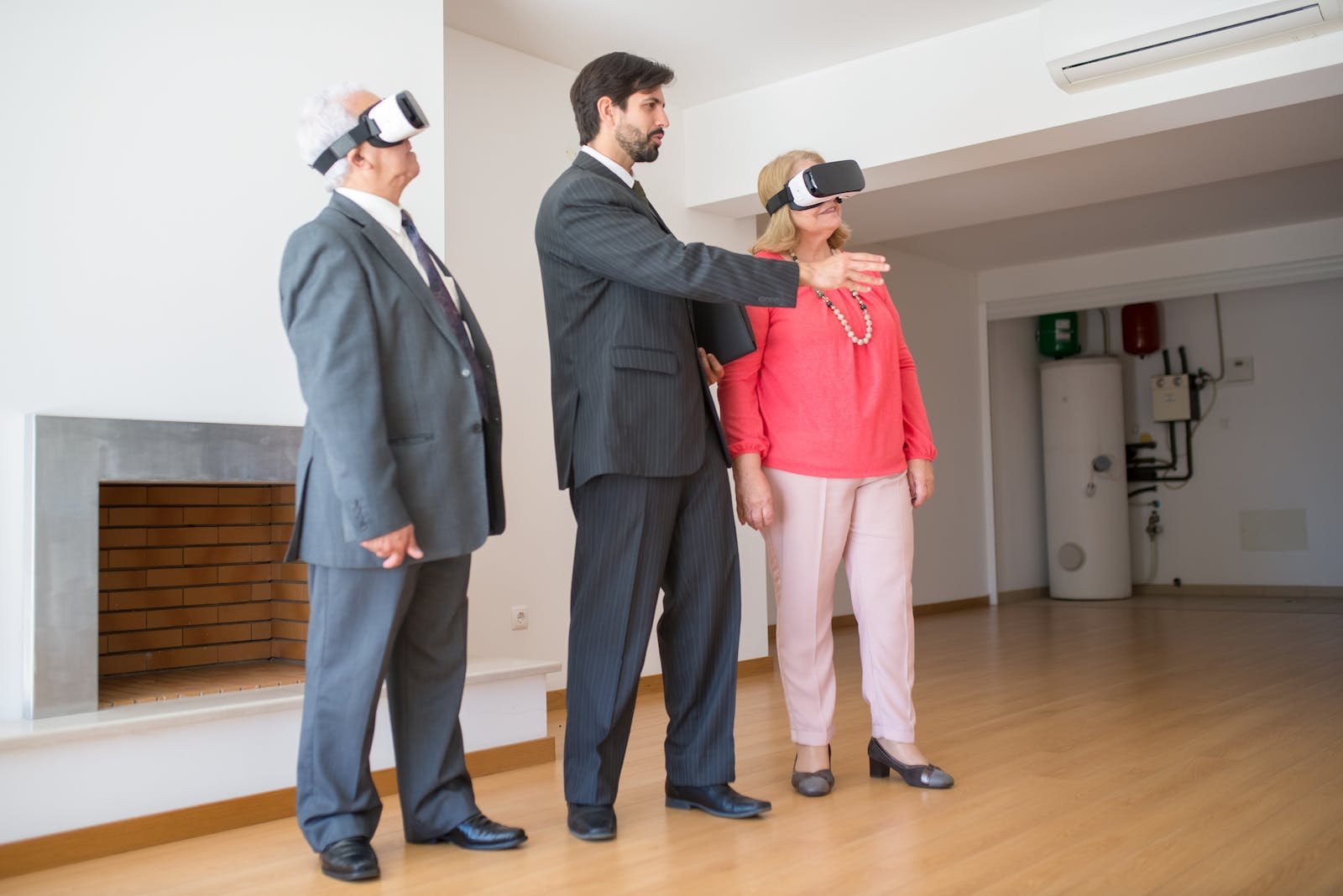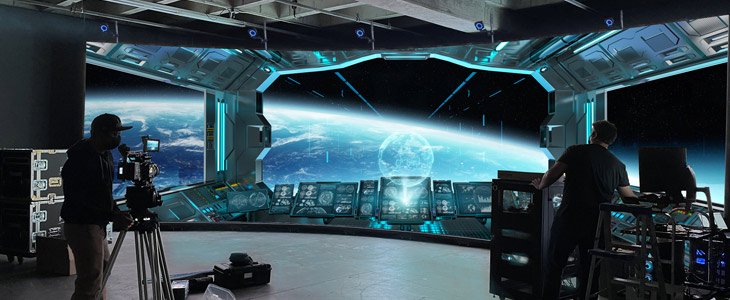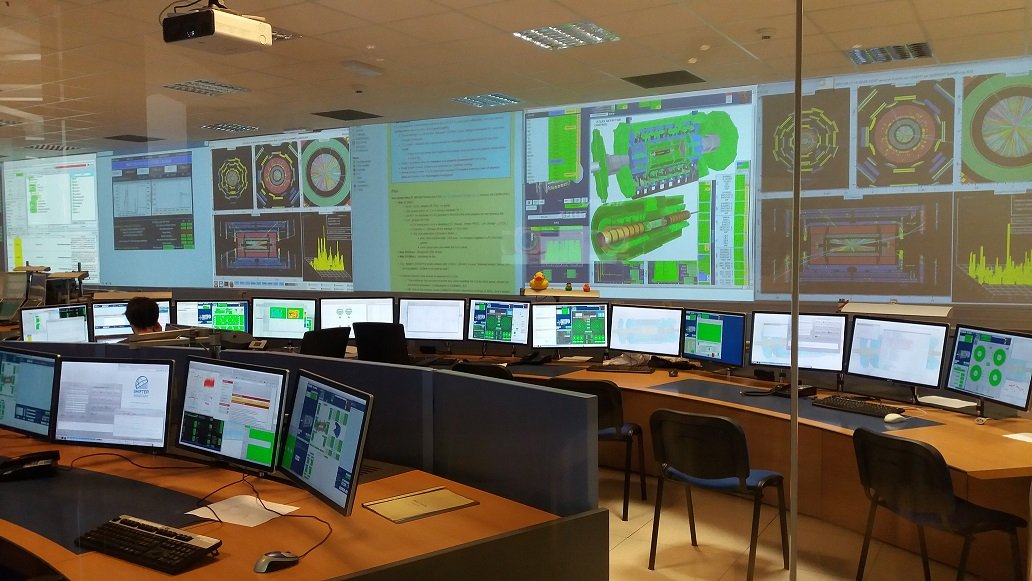A home theater system is a setup that aims to replicate the experience of a movie theater within the comfort of your own home. It typically consists of a combination of audio and visual components that work together to create an immersive entertainment environment. The system is primarily designed for individuals or families who enjoy watching movies, TV shows, sports, or playing video games with enhanced audio and visual quality.
To set up a basic home theater system, you will typically need the following components:
- Large cinema display or Projector: The centerpiece of the system is the display device. You can choose either a high-definition television (HDTV) or a projector and screen setup, depending on your preferences and budget.
- Audio Receiver: An audio receiver acts as the control center for your home theater system. It receives audio signals from various sources and distributes them to the speakers. Make sure the receiver has multiple audio inputs and supports surround sound formats like Dolby Digital or DTS.
- Speakers: A surround sound speaker system is crucial for creating an immersive audio experience. It usually includes front speakers (left and right), a center speaker, surround speakers (left and right), and a subwoofer for deep bass. You can opt for a 5.1 channel system (standard configuration) or higher, such as 7.1 or 9.1 channels, for more enhanced audio.
- Source Components: These are devices that provide audio and video content. Common source components include Blu-ray/DVD players, media streaming devices (e.g., Apple TV, Roku, Chromecast), cable/satellite boxes, or gaming consoles. These devices connect to the audio receiver or the television directly.
- Cables and Wiring: To connect all the components, you’ll need HDMI cables for transmitting high-definition audio and video signals. You may also need speaker wires, optical cables, or other specific cables depending on your setup.
- Optional Accessories: You may consider adding other accessories to enhance your home theater experience, such as a universal remote control, a media storage device, surge protectors, and acoustic treatment for better sound quality.
It’s important to plan your setup carefully, taking into account the room’s layout, seating arrangement, and acoustics to achieve the best possible audio and visual experience. Additionally, you may want to consult with a professional installer or do thorough research to ensure optimal placement and calibration of your equipment.

